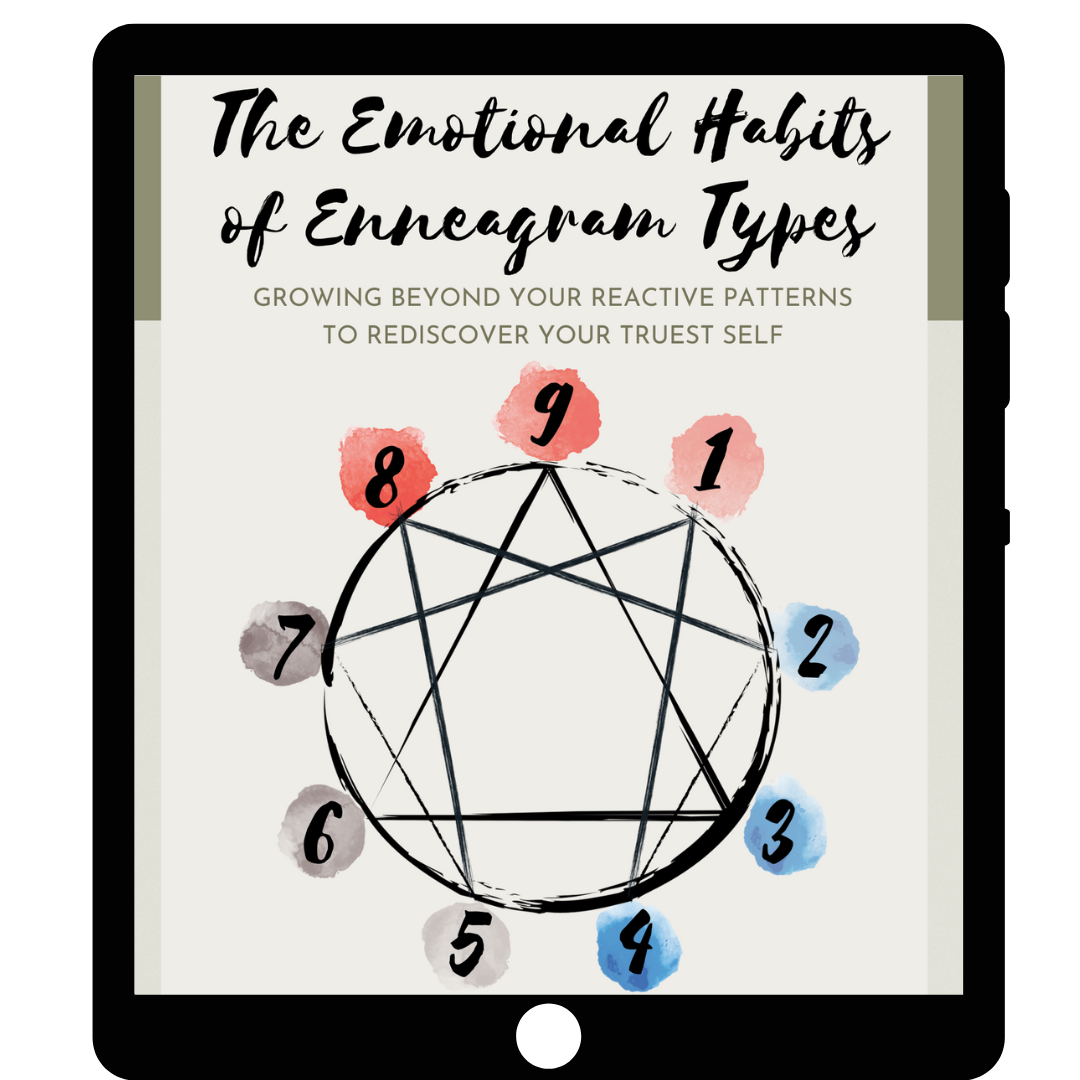How do I know if I’m making progress in therapy?
It’s easier for people to know that they’re going in a general good direction when they set a general destination or a goal. An actual question that I have clients answer in their intake forms is: “If this space were to be helpful for you (“space: meaning “therapy”), what would you see in your life being different? What would be some signs and indicators that things have actually changed for the better?”
E.g., someone comes in, they want to work on relationship issues, they might say, “I would like to directly ask for what I need without crying.”
That’s the set goal, and tracing back from that goal with reverse engineering, we’d be able to see some steps in between. Those are called the metrics.
An example of an indicator of this person going in a healthy direction is:
First, do you know what needs do you have?
Do you know what needs you tend to have?
Do you recognize there probably was some time in the past were you able to successfully do that? What was it about that situation? What was it about that person you were talking to? What about that need made it possible to do that? And so on.
So again, if you set your goal and destination clearly, it’s easy to set the metrics in between. You can write it out before you even begin therapy and hold onto that while you go through the therapy process to have a sense of “Alright, I’m still may be far away from where I’d like to be, but things are moving in a helpful direction.”
On the other hand, if you find that the conversations with your therapist are getting pretty repetitive or you’re running out of things to talk about, that might be an indicator that the therapy space is not working. You need to have conversations with your therapist to make adjustments so that it’s more aligned with what you need and that hopefully, things get better for you.
OR it’s an indicator that things are actually working because you might’ve gotten to where you wanted to be sooner than you might’ve expected. If you’re running out of things to talk about and things are repetitive, and it’s indicative that things are actually working, perhaps it’s a good idea to talk with your therapist to transition out of therapy by graduating through what’s called “termination,” or to space out your sessions, which is called “maintenance mode.”
How do I know a therapist is not a good fit?
It’s really important for there to be a good fit between you and the therapist. If you’ve defined your goals, then it’s easier to tell whether or not the therapist is a good fit. If you’re going in a different direction than what you signed up for, it’s good to have a conversation with your therapist about it. Sometimes what they offer and what you need may not be aligned, and that’s okay. Therapists are trained to be professional listeners, but we don’t have the ability to read minds, so it’s very helpful if we can have those explicit conversations. Sometimes adjustments are possible; it’s better to bring it up sooner rather than later down the line.
Another sign that things are or aren’t a good fit with a therapist is based on gut reaction. I send out quarterly surveys to ask clients how they feel in sessions, and for clients who have been great fits, the number one emotion they report feeling in that first session is RELIEF. They felt seen, heard, known, less confused, had a deeper understanding—those are all pretty good signs a therapist is a good fit.
The opposite of those emotions will be feeling confused, overwhelmed, or nervous. It’s OKAY to be nervous about starting a new thing, but if that nervousness doesn’t dissipate over the first couple of sessions, you might want to check out someone else that your body feels more at ease with. When you’re tense, therapists are not likely to get to the heart of the matter as easily, which means you might be taking more sessions than you need to. You should find someone with whom your body can feel at ease. If you check in with your body, and you feel more relaxed, you’ll be able to go at a much greater depth than with someone with whom you are guarded and reserved.
Therapy Is about YOUR Needs
One last point is that therapy is about YOU and YOUR NEEDS. It’s not about the therapist; it’s not about what the therapist needs or feels. Don’t spend your precious resources like your time, energy, and money trying to navigate how the therapist might feel if potentially you don’t feel like it’s a good fit, or you want to transition out. This space is meant for YOU. You don’t owe an explanation. If you feel more comfortable having a closure conversation with your therapist, power to you! That could be a good part of your own process. But let’s say you feel unsafe with a therapist, feel free to not have that closure conversation. You don’t owe them an explanation. Maybe you’ll just email them or send a message that going forward you’ll no longer be working with them—that’s okay.
If you’re currently looking for a therapist, check out my post about how to find a therapist in San Jose and how to prepare for a consult call to gauge whether or not a potential therapist will be a good fit for you.
What are your Enneagram type's emotional habits?
Grab this free guide that shows you how to grow beyond the patterns that keep you stuck!
Don't know your Enneagram type?
Find yours here!
© Copyright 2021 Joanne B. Kim. All rights reserved.
JOANNE B. KIM, LMFT
Joanne is a Licensed Marriage & Family Therapist and Certified Brainspotting Practitioner in San Jose, CA, who loves helping people create emotionally thriving relationships. She helps people EXHAUSTED by anxiety, shame, and an allergic reaction to anger create VIBRANT relationships where they matter, too.
Many of her clients are:
(1) the highly responsible, conscientious, and empathic types
(2) Enneagram Type Ones, Twos, Fours, or Nines
(3) Highly Sensitive Persons (HSPs)
(4) adult survivors of emotional abuse and neglect
The most common words spoken by those who’ve sat with Joanne:
“I thought it was just me. I’m NOT crazy!”
“I can finally figure out what to do with all these feelings!”







































The three Enneagram instincts (Self-Preservation, Social, and Sexual) instincts show up in the way we engage our lives and creative endeavors. Check out this conversation with Rim from The Empowered Sensitive and Creative Podcast!